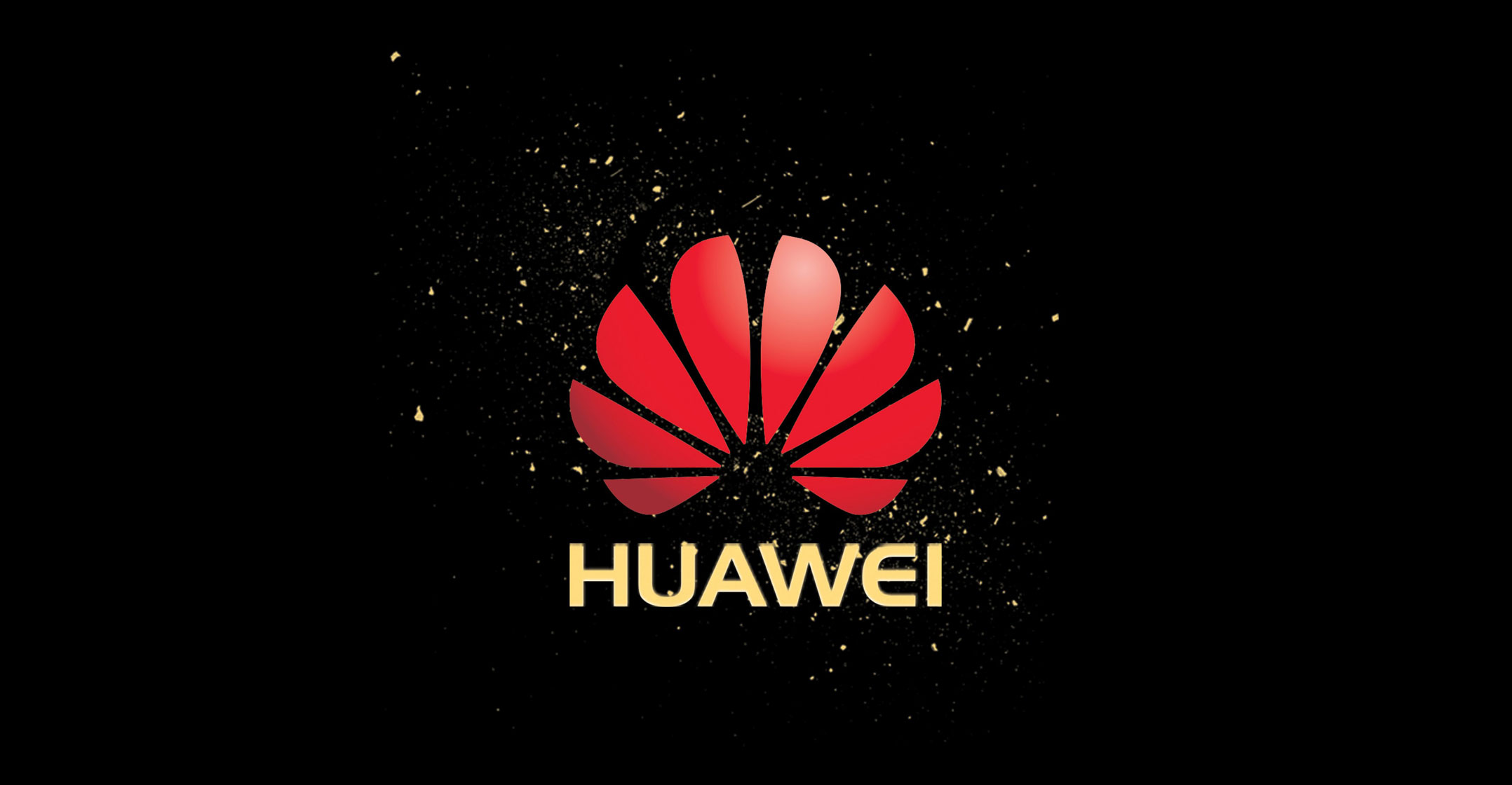 A former employee of Huawei Technologies has accused the mobile giant of using a lawsuit against his Silicon Valley start-up to steal intellectual property and help China achieve technological dominance over the US.
A former employee of Huawei Technologies has accused the mobile giant of using a lawsuit against his Silicon Valley start-up to steal intellectual property and help China achieve technological dominance over the US.
The former employee, Yiren “Ronnie” Huang, said in a court filing the litigation was “the latest in a long line of underhanded tactics” by China’s biggest maker of smartphones and telecommunications equipment.
Huawei and its FutureWei unit sued Huang and his start-up — CNEX Labs — in December, accusing him of making off with sensitive trade secrets related to technology that uses integrated circuits as memory to store data.
Huang was hired as an engineer by FutureWei in Santa Clara, California in January 2011 and left two years later to form CNEX, where he’s chief technology officer. Huang said in an 80-page response filed on Tuesday that Huawei got it backward. He said he was hired so the Chinese company could take control of his inventions for solid-state disk non-volatile memory and then, after he left, sought to obtain proprietary information from his start-up.
Huawei, which overtook Apple to become the world’s second largest smartphone maker a few months ago, has become a symbol of China’s growing technological prowess but also a a target of US scrutiny. While it will be up to a federal court in eastern Texas to determine who owns the technology, Huang’s filing seeks to capitalise on criticisms that Huawei isn’t playing fair, including corporate espionage allegations filed by other American companies and a congressional report that said the use of Huawei equipment “could undermine core US national-security interests”.
“Huawei and FutureWei have served as critical participants in a corporate espionage campaign orchestrated to steal intellectual property from American technology companies, like CNEX, in hopes of surpassing the US as the world’s predominant technological superpower by 2025,” Huang said in his filing.
Stuck back
Huawei has defended its actions and struck back at accusers, saying it invests billions of dollars in research to attain a technological edge. In 2017, Huawei was awarded 1 472 US patents, putting it number 22 on the list of top recipients, according to the Intellectual Property Owners Association.
“Huawei strongly denies the allegations in CNEX’s and Mr Huang’s counterclaims. Those counterclaims simply mimic the claims that Huawei first filed against CNEX and Mr Huang,” the Chinese company said in an e-mailed statement on Thursday. “Huawei looks forward to protecting its intellectual property in court.”
Chinese President Xi Jinping has promoted his Made in China 2025 campaign to heighten the Asian nation’s technological know-how in key areas, like computers and biotechnology. The programme has been the source of tensions with the US, and is a key factor in the trade conflict between Washington and Beijing.
According to Huawei’s original complaint, Huang and CNEX began filing patent applications less than a month after he left FutureWei.
“Huang used information he obtained through his employment at FutureWei along with FutureWei’s resources and technology in drafting these patent applications,” the company said. It also accused him of luring other FutureWei employees to CNEX, one of whom, the company added, was caught downloading thousands of confidential documents.
Huang, who had worked for companies including Cisco Systems and SandForce, said he was hired for his expertise in networking and solid-state storage drive systems. He said that FutureWei declined to purchase his research and instead sought to obtain it by hiring him.
“This practice is part of a greater Chinese government campaign, of which Huawei is a major participant, to steal technological know-how from the US and surpass the US as the world’s technology leader by 2025,” Huang said in the filing. — Reported by Susan Decker, with assistance from Ian King, (c) 2018 Bloomberg LP




